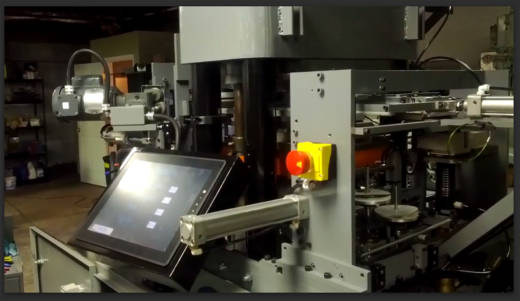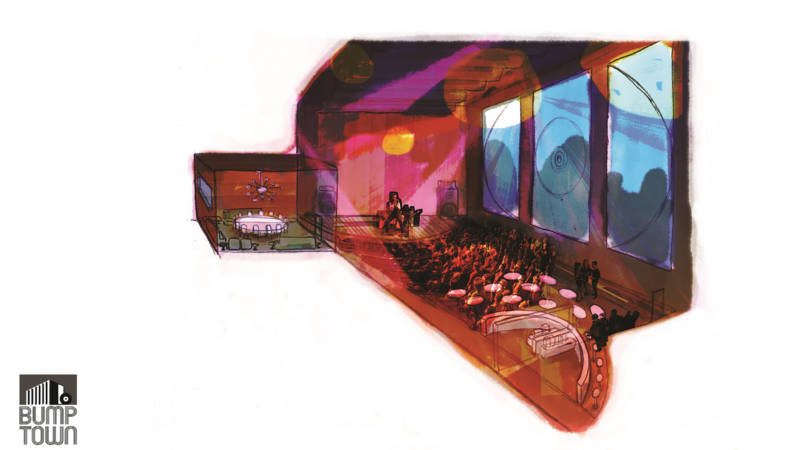Eagerly-anticipated West Oakland record manufacturer Second Line Vinyl is at risk of losing all of its equipment to a creditor less than two years after announcing ambitious goals to build a venue and recording studio alongside the city’s first vinyl pressing plant since the 1930s, KQED has learned.
Second Line Vinyl founder and chief executive Zane Howard confirmed that he’s struggled to attract enough investment to bring the facility into action. “We’re having to wind down,” he said. “I would say the business is in jeopardy just as it was ready to begin pressing.”
Lyz Luke, Second Line’s community affairs director, used starker language in an email Saturday to industry contacts. “Our funding has run out and we are going to have to shut down,” she wrote.
The business’ main lender, Stockton pencil manufacturer California Cedar Products, has moved to recover the specialized pressing machinery used as collateral. Howard said an auction of the assets, publicly noticed in a local newspaper Monday, has been postponed until next week while he attempts to negotiate with the lender.



